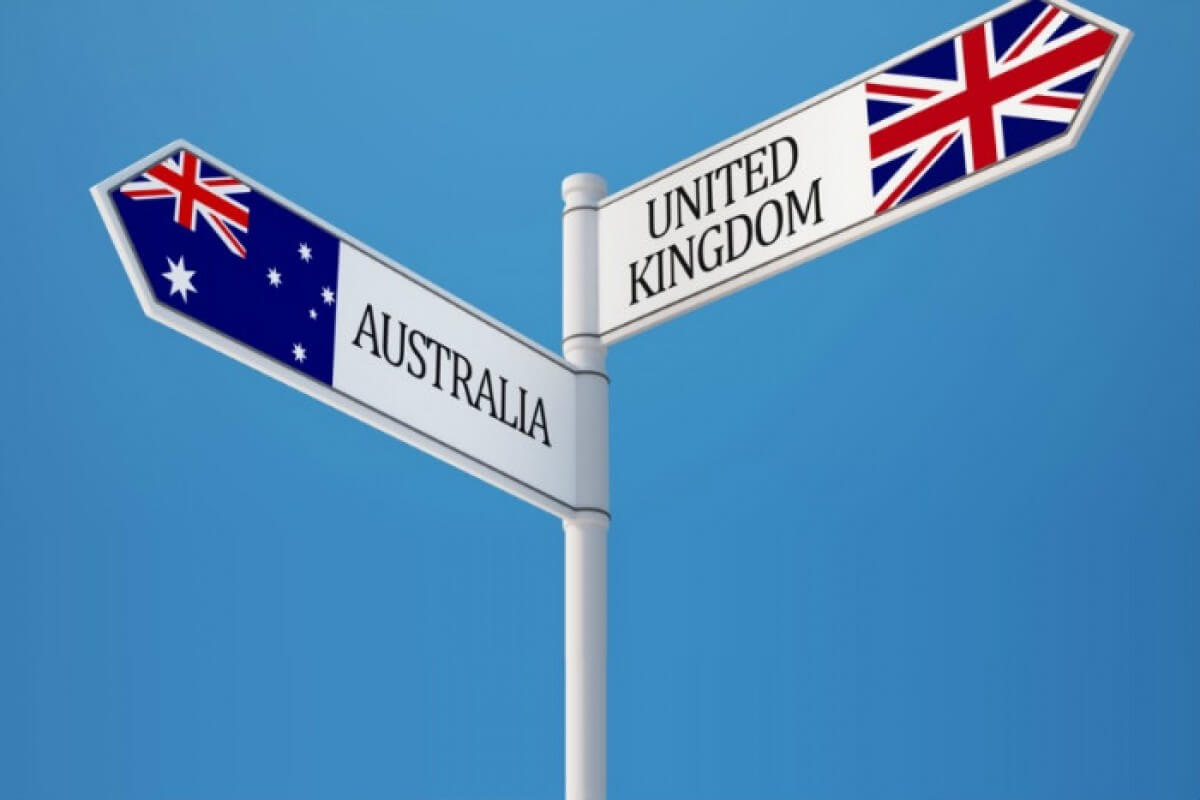



Article by: Hari Yellina (Orchard Tech)
The UK’s trade agreement with Australia is the first it has negotiated from scratch, setting the template for a line of new deals currently underways. Analysts are forecasting this will lead to increased competition for British farmers. In particular, a forecasted expansion of the Australian cattle herd is expected to pose a significant risk to the UK market.
Exploring the potential economic repercussions of the deal, food ingredients first speaks to David Swales, head of strategic insight at the UK’s agriculture and horticulture development board [AHDB]. AHDB has published a new report on the trade deal that assesses the potential competitiveness and opportunities between the two key markets. it further details how these countries stack up against each other in terms of the size and scale of their agri-food activities.
There has been a great deal of concern across the industry that the UK will start trading with partners who are allowed to produce and export food held to lower standards. The UK government has repeatedly asserted that it will not allow the import of food items such as chlorinated chicken and hormone-treated beef, but has yet to enact those pledges into law.
In the short term, where market factors are unchanged, Australian exports to the UK may be subdued due to more lucrative and rapidly expanding markets closer to home. However, when factoring in the commercial realities of global agricultural supply and demand, as well as domestic policy at a sector level, the risks of the UK agricultural supply chain increase.
For lamb, the model assumes Australia keeps its preferential trading arrangements with China. However, if Australia were to lose these arrangements, then Australian products would emerge onto the world stage and may undercut the UK’s domestic market, due to lower costs of production.